Financial System Adaptability and Resilience
Financial systems differ across countries and tend to evolve slowly over time. Their structure is typically stable, but their resilience is often tested. A well-functioning financial system is vital for economic development, as it ensures that capital flows to the most productive and valuable investment opportunities. However, systemic vulnerabilities can have far-reaching consequences. For example, the 2007–08 global financial crisis emerged from within the financial sector itself when complex financial products fuelled a credit bubble in the U.S. housing market, threatening global economic stability when the bubble burst. That event led to extensive policy and regulatory reforms to strengthen financial system resilience.
Financial systems continue to face significant challenges. External shocks like the COVID-19 pandemic, the climate crisis, the green economic transition, and the energy crisis driven by geopolitical conflict all underscore the importance of financial systems that can absorb shocks and adapt to changing economic conditions. Motivated by these pressing issues, we investigate how financial systems respond to crises, which institutions and policies improve resilience, and the role of finance systems' setup in broader economic transformations. We use diverse data sources, including bank and firm-level data, regulatory reports, and house price and election data, to inform evidence-based policy.
Research Cluster
Financial Resilience and RegulationYour contact

- Department Financial Markets
EXTERNAL FUNDING
08.2022 ‐ 07.2025
OVERHANG: Debt overhang and green investments - the role of banks in climate-friendly management of emission-intensive fixed assets
The collaborative project “Debt Overhang and Green Investments” (OVERHANG) aims to investigate the role of banks in the climate-friendly management of emission-intensive fixed assets. This will identify policy-relevant insights on financial regulation, government-controlled lending and financial stability, as well as raise awareness among indebted stakeholders.
01.2015 ‐ 12.2019
Interactions between Bank-specific Risk and Macroeconomic Performance
07.2016 ‐ 12.2018
Relationship Lenders and Unorthodox Monetary Policy: Investment, Employment, and Resource Reallocation Effects
Leibniz Association
We combine a number of unique and proprietary data sources to measure the impact of relationship lenders and unconventional monetary policy during and after the European sovereign debt crisis on the real economy. Establishing systematic links between different research data centers (Forschungsdatenzentren, FDZ) and central banks with detailed micro-level information on both financial and real activity is the stand-alone proposition of our proposal. The main objective is to permit the identification of causal effects, or their absence, regarding which policies were conducive to mitigate financial shocks and stimulate real economic activities, such as employment, investment, or the closure of plants.
Refereed Publications
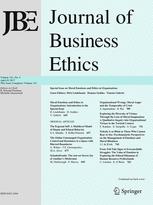
Corporate Social Responsibility and Firm Financial Performance: The Mediating Role of Productivity
in: Journal of Business Ethics, No. 3, 2018
Abstract
This study treats firm productivity as an accumulation of productive intangibles and posits that stakeholder engagement associated with better corporate social performance helps develop such intangibles. We hypothesize that because shareholders factor improved productive efficiency into stock price, productivity mediates the relationship between corporate social and financial performance. Furthermore, we argue that key stakeholders’ social considerations are more valuable for firms with higher levels of discretionary cash and income stream uncertainty. Therefore, we hypothesize that those two contingencies moderate the mediated process of corporate social performance with financial performance. Our analysis, based on a comprehensive longitudinal dataset of the U.S. manufacturing firms from 1992 to 2009, lends strong support for these hypotheses. In short, this paper uncovers a productivity-based, context-dependent mechanism underlying the relationship between corporate social performance and financial performance.
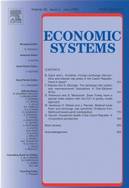
Should Banks Diversify or Focus? Know Thyself: The Role of Abilities
in: Economic Systems, No. 1, 2018
Abstract
The paper investigates whether diversification/focus across assets, industries and borrowers affects bank performance when banks’ abilities (screening and monitoring) are considered. The initial results show that diversification (focus) at the asset, industry and borrower levels is expected to decrease (increase) returns. However, once banks’ screening and monitoring abilities are controlled for, the effect of diversification/focus either gets weaker or disappears. Further, in some cases, these abilities enhance banks’ long-run performance, but in others they prove to be costly, at least, in the short run. Thus, the level of monitoring and screening abilities should be taken into consideration in understanding, planning and implementing diversification/focus strategies.

Regional Banking Instability and FOMC Voting
in: Journal of Banking and Finance, 2018
Abstract
This study analyzes if regionally affiliated Federal Open Market Committee (FOMC) members take their districts’ regional banking sector instability into account when they vote. Considering the period 1979–2010, we find that a deterioration in a district's bank health increases the probability that this district's representative in the FOMC votes to ease interest rates. According to member-specific characteristics, the effect of regional banking sector instability on FOMC voting behavior is most pronounced for Bank presidents (as opposed to Governors) and FOMC members who have career backgrounds in the financial industry or who represent a district with a large banking sector.
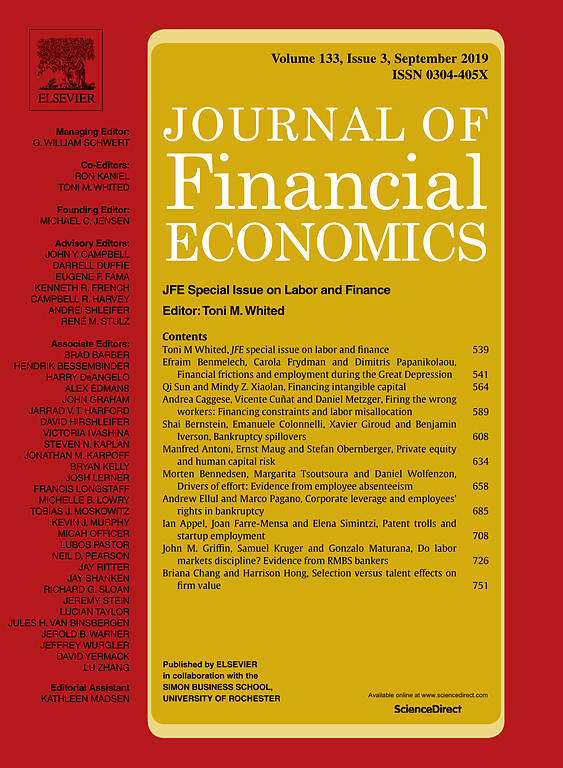
When Arm’s Length is too Far: Relationship Banking over the Credit Cycle
in: Journal of Financial Economics, No. 1, 2018
Abstract
We conduct face-to-face interviews with bank CEOs to classify 397 banks across 21 countries as either relationship or transaction lenders. We then use the geographic coordinates of these banks’ branches and of 14,100 businesses to analyze how the lending techniques of banks in the vicinity of firms are related to credit constraints at two contrasting points of the credit cycle. We find that while relationship lending is not associated with credit constraints during a credit boom, it alleviates such constraints during a downturn. This positive role of relationship lending is stronger for small and opaque firms and in regions with a more severe economic downturn. Moreover, our evidence suggests that relationship lending mitigates the impact of a downturn on firm growth and does not constitute evergreening of loans.
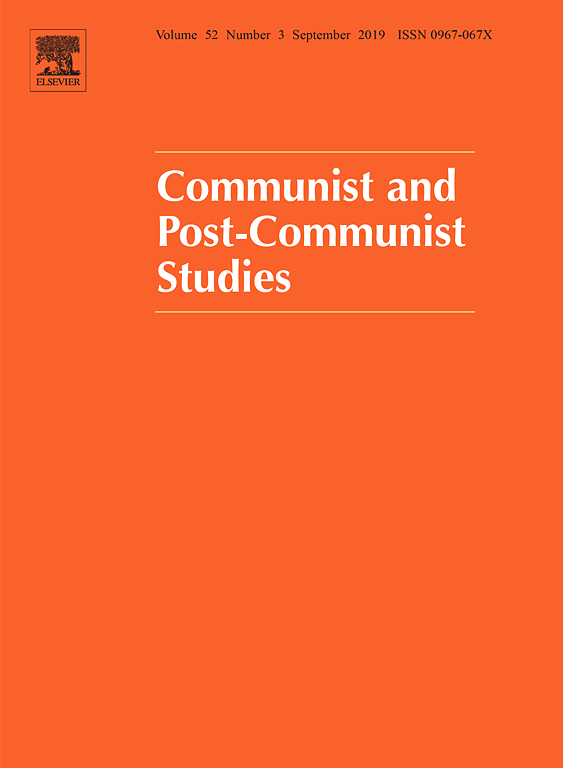
Politically Connected Firms in Poland and Their Access to Bank Financing
in: Communist and Post-Communist Studies, No. 4, 2017
Abstract
This paper characterizes politically connected firms and their access to bank financing. We determine that the relationship between political connections and access to long-term bank loans is weaker in Poland than in other emerging economies. The most probable explanation for this result is related to the instability of the political climate in Poland. We find that only certain kinds of political connections, such as recent connections, positively influenced access to bank financing during the sample period from 2001 to 2011. Moreover, we obtain also some evidence that the value of political connections increased during the 2007 crisis period and onward.
Working Papers
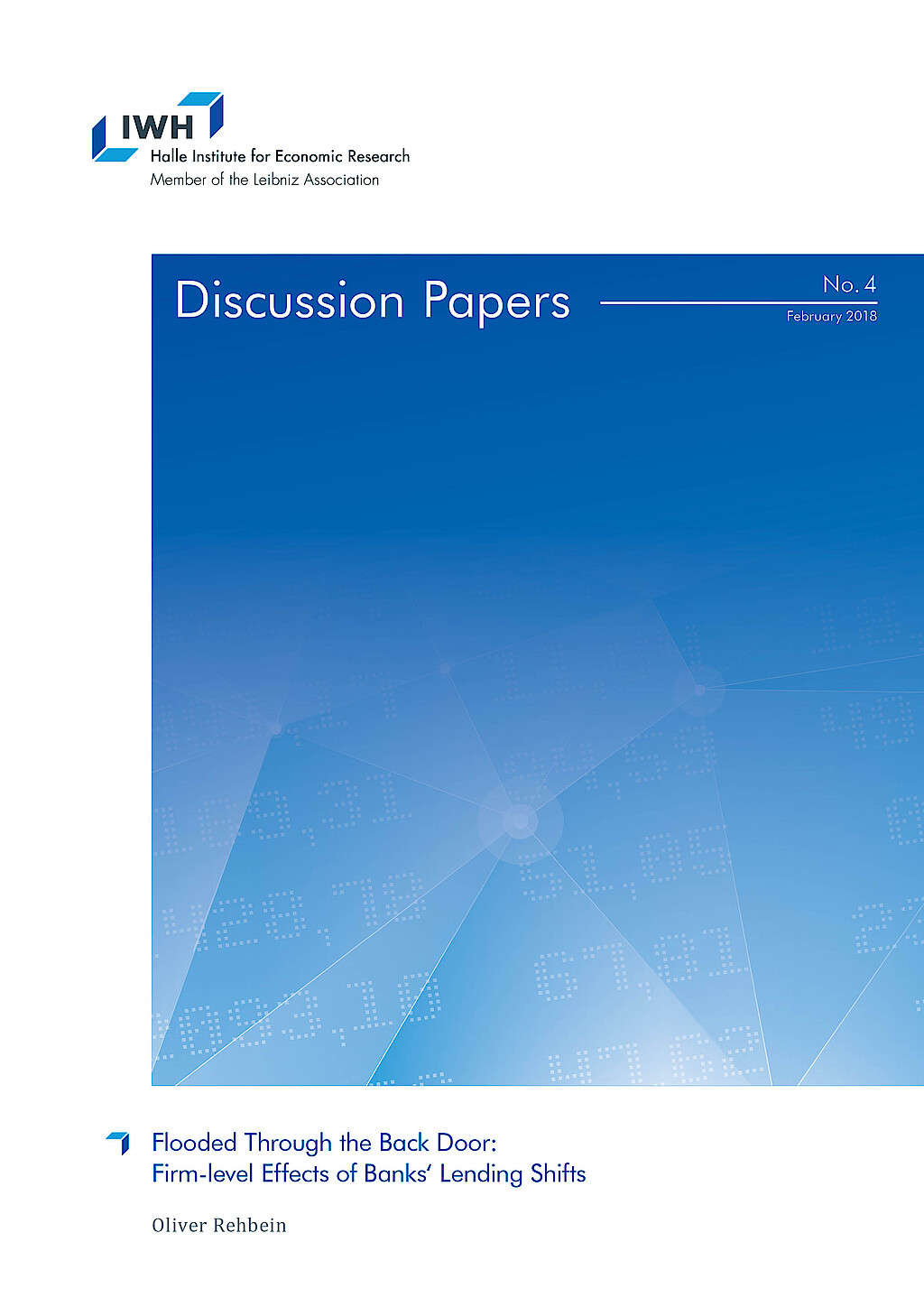
Flooded Through the Back Door: Firm-level Effects of Banks‘ Lending Shifts
in: IWH Discussion Papers, No. 4, 2018
Abstract
I show that natural disasters transmit to firms in non-disaster areas via their banks. This spillover of non-financial shocks through the banking system is stronger for banks with less regulatory capital. Firms connected to a disaster-exposed bank with below median capital reduce their employment by 11% and their fixed assets by 20% compared to firms in the same region without such a bank during the 2013 flooding in Germany. Relationship banking and higher firm capital also mitigate the effects of such negative cross-regional spillovers.
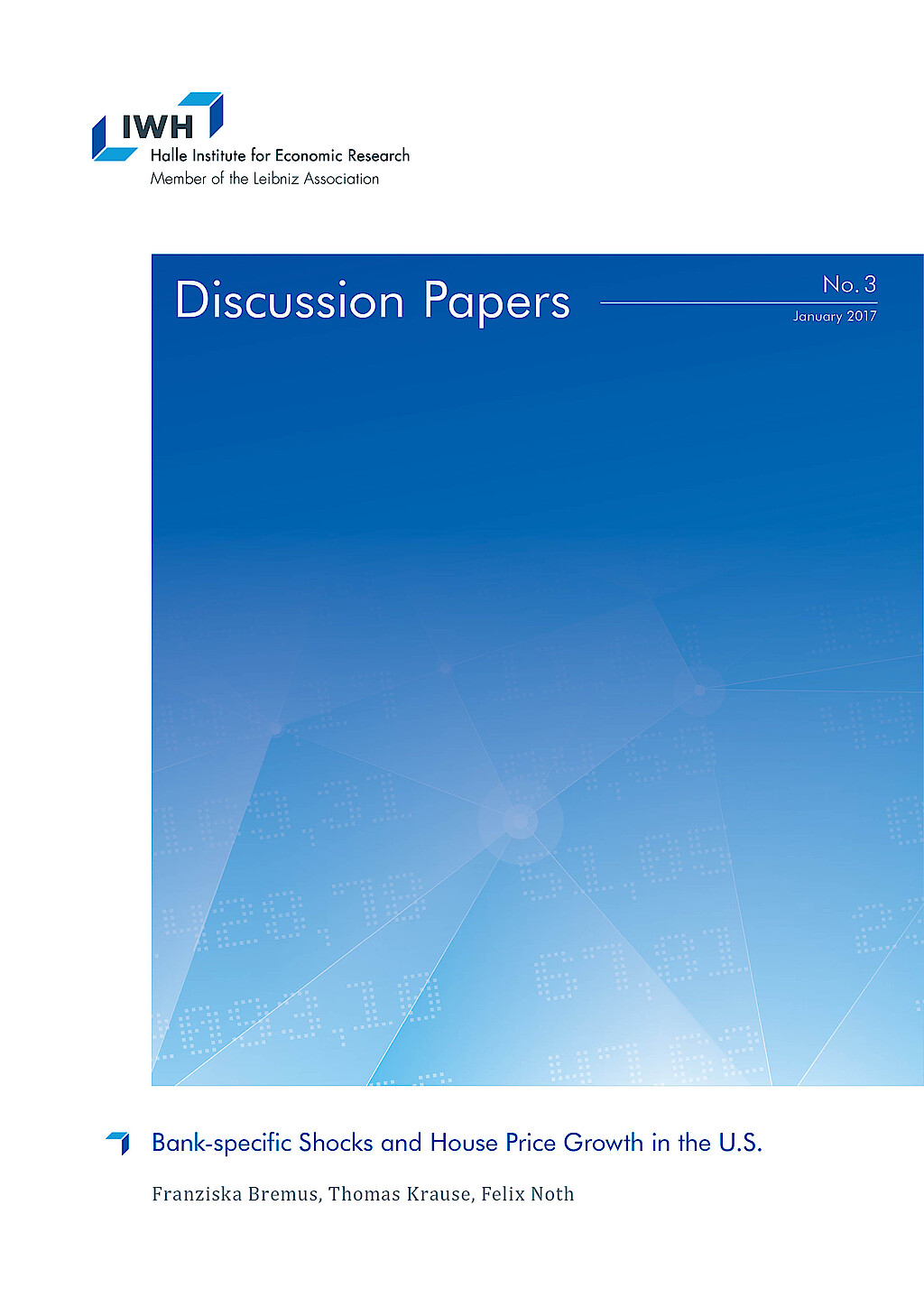
Bank-specific Shocks and House Price Growth in the U.S.
in: IWH Discussion Papers, No. 3, 2017
Abstract
This paper investigates the link between mortgage supply shocks at the banklevel and regional house price growth in the U.S. using micro-level data on mortgage markets from the Home Mortgage Disclosure Act for the 1990-2014 period. Our results suggest that bank-specific mortgage supply shocks indeed affect house price growth at the regional level. The larger the idiosyncratic shocks to newly issued mortgages, the stronger is house price growth. We show that the positive link between idiosyncratic mortgage shocks and regional house price growth is very robust and economically meaningful, however not very persistent since it fades out after two years.
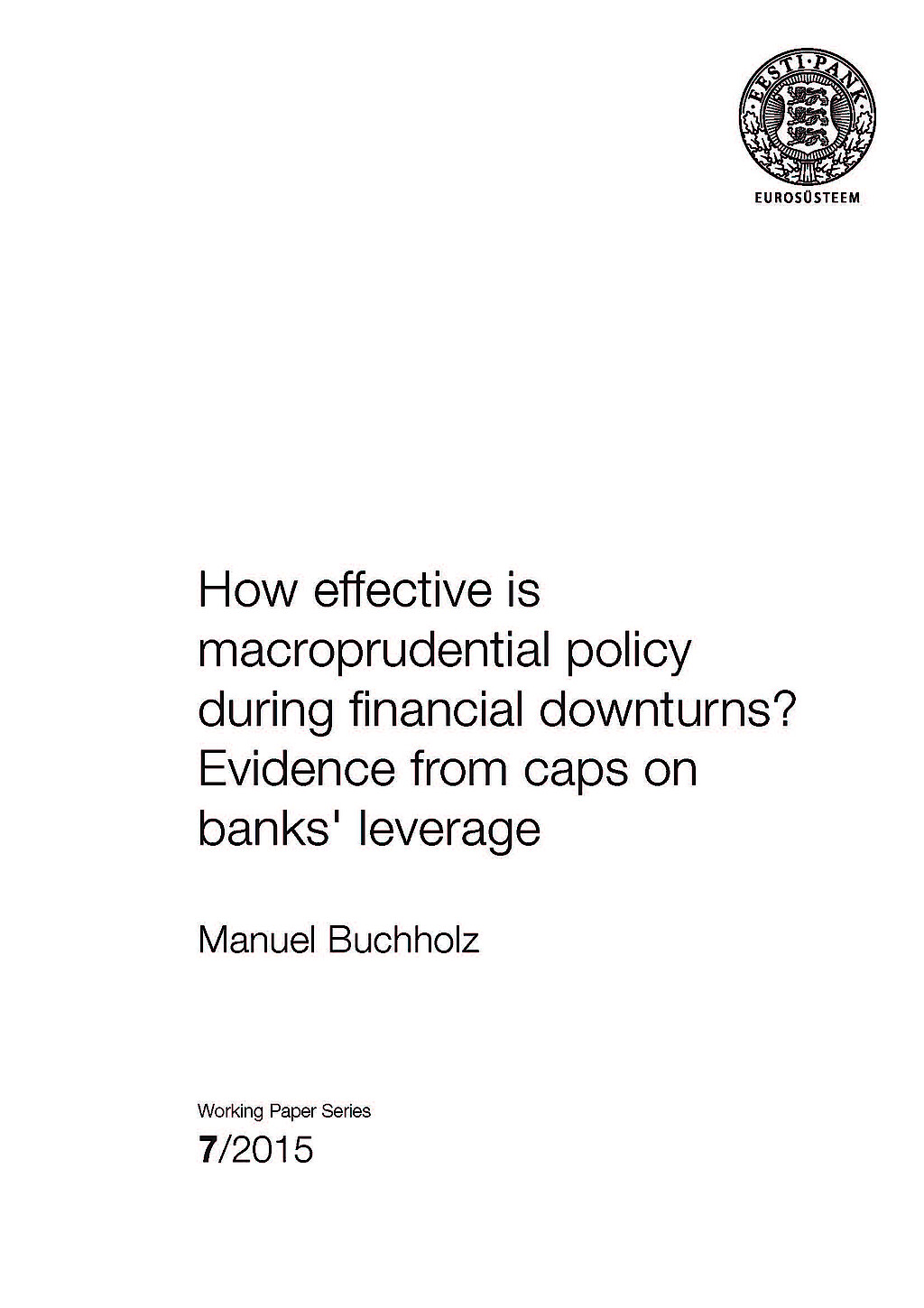
How Effective is Macroprudential Policy during Financial Downturns? Evidence from Caps on Banks' Leverage
in: Working Papers of Eesti Pank, No. 7, 2015
Abstract
This paper investigates the effect of a macroprudential policy instrument, caps on banks' leverage, on domestic credit to the private sector since the Global Financial Crisis. Applying a difference-in-differences approach to a panel of 69 advanced and emerging economies over 2002–2014, we show that real credit grew after the crisis at considerably higher rates in countries which had implemented the leverage cap prior to the crisis. This stabilising effect is more pronounced for countries in which banks had a higher pre-crisis capital ratio, which suggests that after the crisis, banks were able to draw on buffers built up prior to the crisis due to the regulation. The results are robust to different choices of subsamples as well as to competing explanations such as standard adjustment to the pre-crisis credit boom.

Monetary Policy under the Microscope: Intra-bank Transmission of Asset Purchase Programs of the ECB
in: IWH Discussion Papers, No. 9, 2015
Abstract
With a unique loan portfolio maintained by a top-20 universal bank in Germany, this study tests whether unconventional monetary policy by the European Central Bank (ECB) reduced corporate borrowing costs. We decompose corporate lending rates into refinancing costs, as determined by money markets, and markups that the bank is able to charge its customers in regional markets. This decomposition reveals how banks transmit monetary policy within their organizations. To identify policy effects on loan rate components, we exploit the co-existence of eurozone-wide security purchase programs and regional fiscal policies at the district level. ECB purchase programs reduced refinancing costs significantly, even in an economy not specifically targeted for sovereign debt stress relief, but not loan rates themselves. However, asset purchases mitigated those loan price hikes due to additional credit demand stimulated by regional tax policy and enabled the bank to realize larger economic margins.

Corporate Governance Structures and Financial Constraints in Multinational Enterprises – An Analysis in Selected European Transition Economies on the Basis of the IWH FDI Micro Database 2013 –
in: IWH Discussion Papers, No. 3, 2015
Abstract
In our analysis, we consider the distribution of decision power over financing and investment between MNEs’ headquarters and foreign subsidiaries and its influence on the foreign affiliates’ financial restrictions. Our research results show that headquarters of multinational enterprises have not (yet) moved much decision power to their foreign subsidiaries at all. We use data from the IWH FDI Micro Database which contains information on corporate governance structures and financial restrictions of 609 enterprises with a foreign investor in Hungary, Poland, the Czech Republic, Slovakia, Romania and East Germany. We match data from Bureau van Dijk’s AMADEUS database on financial characteristics. We find that a high concentration of decision power within the MNE’s headquarter implicates high financial restrictions within the subsidiary. Square term results show, however, that the effect of financial constraints within the subsidiary decreases and finally turns insignificant when decision power moves from headquarter to subsidiary. Thus, economic policy should encourage foreign investors in the case of foreign acquisition of local enterprises to leave decision power within the enterprise and in the case of Greenfield investment to provide the newly established subsidiaries with as much power over corporate governance structures as possible.



















